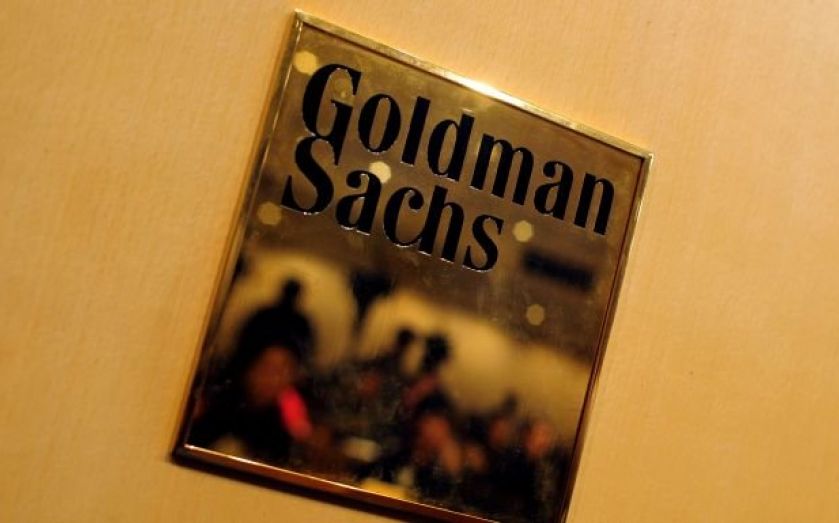| Updated:
How do Islamic bonds work without interest? By generating profit

Goldman Sachs announced last week that it is planning to issue its first Islamic bond, and has already set the ball rolling by meeting potential backers in Qatar and the United Arab Emirates.
With a wealth of potential investors to tap into in the Middle East, it is no surprise that Goldman has taken this step – Islamic investors cannot put their money into conventional bonds because they involve the payment of interest, which is prohibited by Sharia law.
So how do Islamic bonds, also known as Sukuks, operate without interest? Given the main attraction of conventional bonds is the accumulation of interest over time, it seems unlikely that anyone would want to invest in a bond not offering this financial reward.
The answer lies in the generation of profit, which can be just as lucrative as regular payments of interest according to Ahmad Salam, former head of global Islamic finance at Credit Suisse.
“In Islam, making money from money is what is forbidden, so you have to generate economic activity to produce profits. Money is a means of exchange rather than an asset itself, and that is the essential difference,” he told City A.M.
“So Islamic finance is much more equity based, and that’s the main difference with traditional banking. Because interest is forbidden in Islam, the pre-agreed rate of return for your capital is not allowed.”
This means the investor's money is put into various activities in order to generate a profit, and the investor receives a margin of that profit which can be equal to the amount they would receive as interest from a conventional bond.
In fact, the margin of profit to be paid can be determined using same benchmarks as for interest rates. “Just like with a conventional bond, Libor is used to determine the rate at which profit is returned. This means the investor ends up receiving just as much as they would for a conventional bond,” explains Salam.
“Libor is the most transparent theory, or it was until recently, for saying what a fair rate of profit is for the money I am investing in you. Libor meets those criteria for Islamic bonds”
Second attempt for Goldman
Goldman's issuance is expected to consist of five-year bonds with a combined value of $500m. The US bank will be the second financial institution to issue Islamic bonds, after HSBC became to first global bank to offer them in 2011.
It is not Goldman's first attempt to issue such a bond, however. Recognising the investment opportunities and the growing demand for Islamic finance, it first tried to issue one in 2011, but it was rejected by investors on the grounds that the structure was not acceptable.
“It seemed as though they were trying to pull the wool over the eyes of the Islamic community – but many scholars pushed back and said that the structure didn't fit in with Shariah requirements,” explained Salam. “They could not prove that the profit generated would be ring-fenced from money generated from other, non Sharia-compliant activities.”
For activities to be Shaira-compliant, they must not be connected to the payment of interest through any other type of activity.
Goldman has revealed very few details about the bond so far, but Salam expects the bank to have addressed many of the obstacles it encountered in 2011, and that the structure will provide much more protection against contamination of returns.
The fact that the National Bank of Abu Dhabi and Dubai’s Emirates NBD Capital have been involved in structuring the bond will also improve its chances of pleasing potential investors this time round.
And who are these investors likely to be? “It will mainly be Islamic banks with large amounts of liquidity they are looking to put away. Also Islamic insurance companies,” concludes Salam.